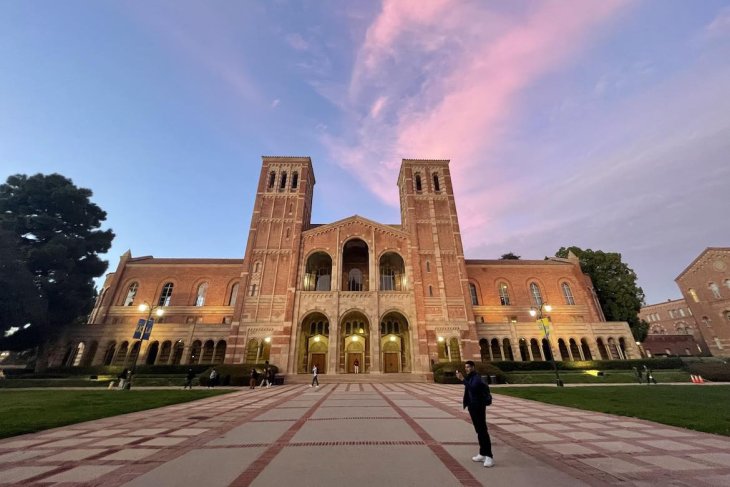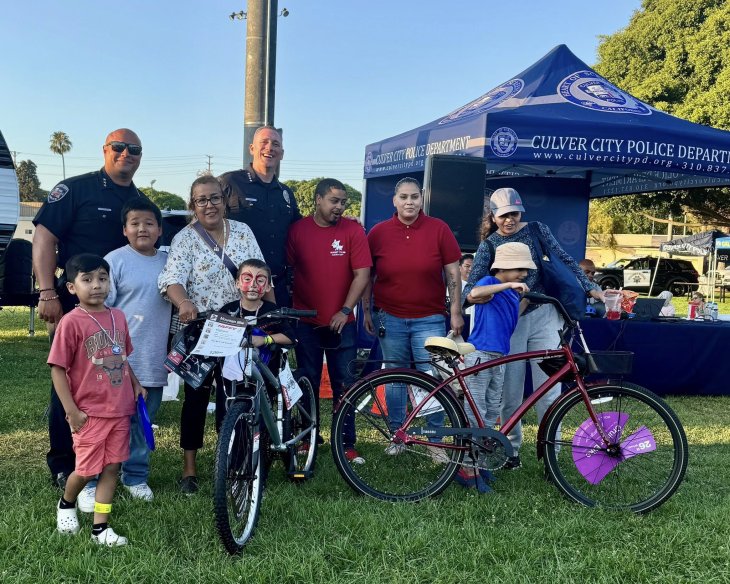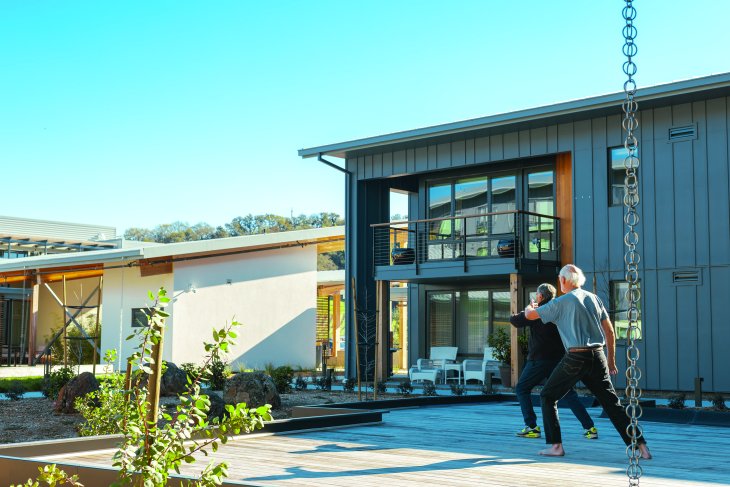UCLA researchers launched an online campaign on Tuesday to raise funding for a study of female cancer survivors who report loss of sexual drive.
For the Accelerating Desire in Survivors Project, the initial $7,000 fund-raising goal at the UCLA Spark website will allow researchers to recruit volunteers, document the experiences that women report and establish a basis for future clinical trials, said Nicole Prause, an associate research scientist at the UCLA Semel Institute for Neuroscience and Human Behavior.
Prause and her colleagues want to test a brain stimulation device that may improve a women’s own sexual responsiveness. Such devices can target the brain areas that are impaired in women who report problems with low sex drive, she said.
The study will involve use of Transcranial Magnetic Stimulation, a non-invasive procedure already approved by the Food and Drug Administration to treat depression that has not responded to traditional treatments.
TMS uses magnetic fields to alter activity in the brain. Such stimulation has demonstrated long-term, positive effects; only one series of treatments may be needed, and it is very safe without long-term side effects, according to Prause.
Prause said the reasons for low sex drive among female cancer survivors can include self-consciousness about changes to their bodies or the effects of the stress of battling a life-threatening disease.
These sexual after-effects are often ignored or described as the “price of survival,” Prause said.
No treatments have been approved by the FDA to treat low sexual desire. Pro-sexual research studies are not supported by federal government grants, and the technology expenses associated with this research are larger than philanthropic foundations typically support, Prause said.
Women who survive cancer often have long-term effects from the disease and its treatments.
Sexual wellness concerns are very common, yet women often feel guilty for even asking about their sexual loss, and doctors are often shy about asking, Prause said.
The aim of the UCLA study is to provide alternative treatment options for women cancer survivors who struggle with their sexual well-being, she said.
The loss of sexual desire is not merely a lifestyle adjustment. It affects intimacy with partners who supported these women through treatment, may impede their ability to have a family, and can contribute to the development of depression.
Supporting this research provides a voice to women who want intimacy back in their lives after defeating cancer, Prause said.
UCLA Spark will host the crowd-funding campaign for 30 days, and updates on the project’s progress will be provided throughout the month.





















